In Assamese culture, flowers are cherished elements deeply embedded within its language, traditions, and societal fabric. The Assamese language places significant value on naming and celebrating various flowers, each holding unique cultural meanings and associations. For instance, the জোৱা (Jowa) or Hibiscus is esteemed for its vibrant red petals and commonly featured in religious ceremonies and auspicious occasions. Knowing these flower names in Assamese is essential as it enriches vocabulary and reinforces cultural identity and heritage preservation.
Flowers play a central role in Assamese cultural practices and festivals, such as বিহু (Bihu), where they adorn homes and symbolize renewal and prosperity. The কপৌ (Kopou) flower, an orchid species, holds special significance during Bihu festivities, representing the onset of spring and new beginnings. Understanding these floral traditions deepens the connection to Assamese culture, fostering appreciation for local customs and rituals.
Additionally, flowers inspire Assamese literature, music, and art, serving as poetic symbols and artistic motifs. By learning about flowers in Assamese, individuals not only enhance their language proficiency but also gain insight into the diverse cultural heritage of Assam. Flowers in Assamese language and culture exemplify the intricate interplay between language, tradition, and community.
Flowers Name in Assamese With Pictures
| No. | Images | English Names | Assamese Names |
|---|---|---|---|
| 1 | 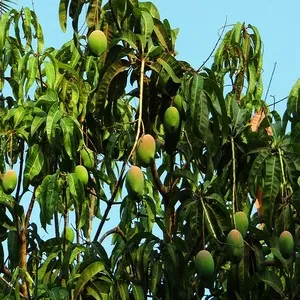 | Magnolia | মেগনোলিয়া (Megnoliya) |
| 2 | 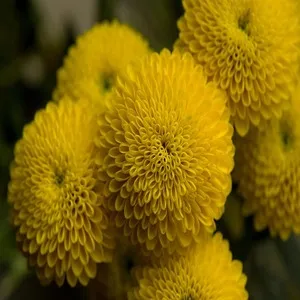 | Chandra-mallika | চন্দ্রমল্লিকা (Chandramallika) |
| 3 | 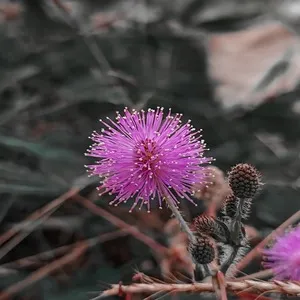 | Shameplant | লাজুকী লতা or নিলাজি বন (Lajuki Lata or Nilaji Bon) |
| 4 | 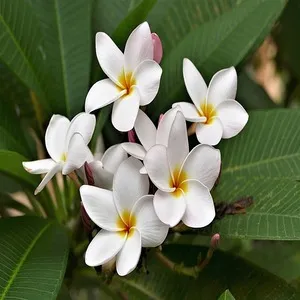 | Plumeria | চম্পা (Chompa) |
| 5 | 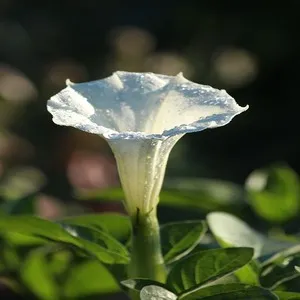 | Stramonium | স্ট্রামোনিয়াম (Sṭramoniẏam) |
| 6 |  | Pansy | Pansy: পেনচি (Pensy) |
| 7 | 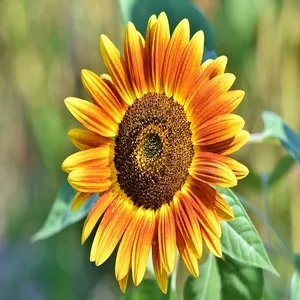 | Sunflower | সূৰ্য্যমুখী (Suryamukhi) |
| 8 | 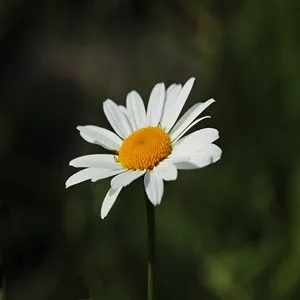 | Daisy | ববৰী (Babori) |
| 9 | 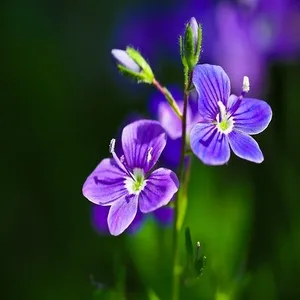 | Veronica flower | ভেৰ’নিকা ফুল (Veronika phul) |
| 10 | 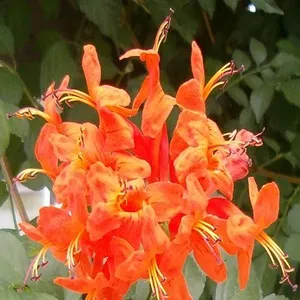 | Rohira | ৰহিৰা (Rohira) |
| 11 | 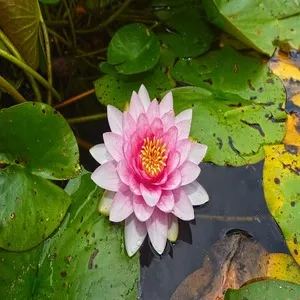 | Lily | লিলি (Lily) |
| 12 | 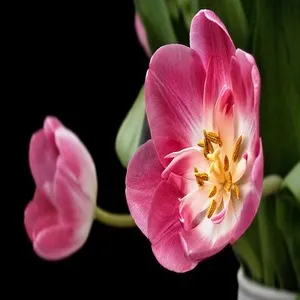 | Tulip | টিউলিপ (Tulip) |
| 13 | 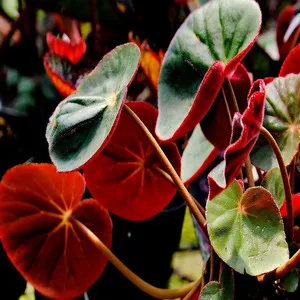 | Begonia | বেগোনিয়া (Begoniya) |
| 14 | 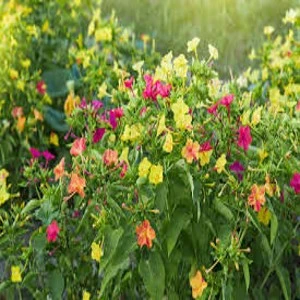 | Four O’clock | ফুৰ অ’ক্লক (Fur o’klok) |
| 15 | 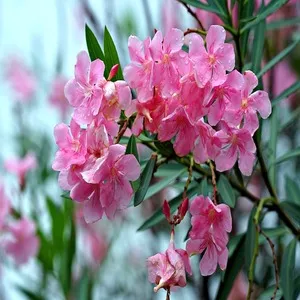 | Oleander | কৰবী (Korobi) |
| 16 | 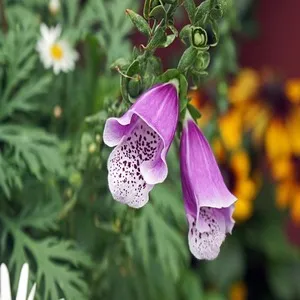 | Foxglove | ফক্সগ্লভ (Phokshglōb) |
| 17 | 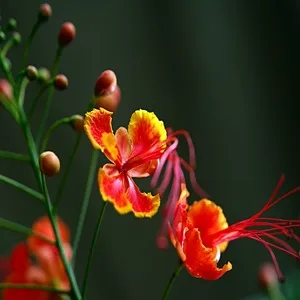 | Peacock | ময়ূৰ (Mayur) |
| 18 | 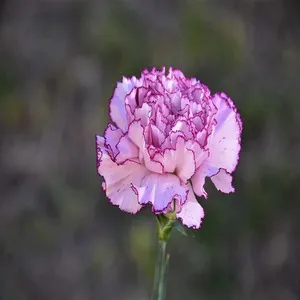 | Carnation | কাৰ্নেশ্যন (Karneshyan) |
| 19 | 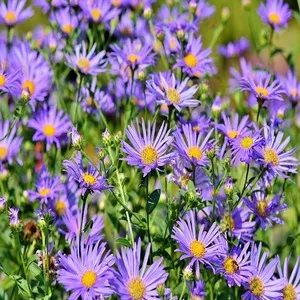 | Aster | এষ্টাৰ (Astar) |
| 20 | 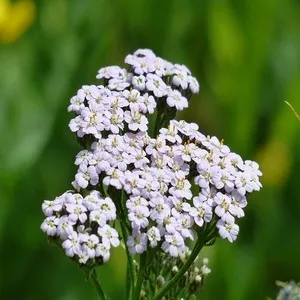 | Yarrow | ইয়াৰো (Yaro) |
| 21 | 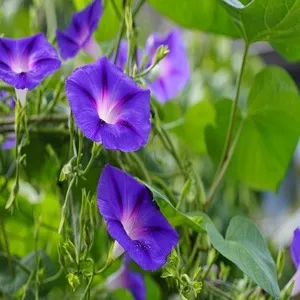 | Ipomoea | কুঞ্জলতা (Kunjalata) |
| 22 | 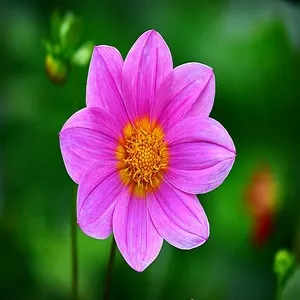 | Cosmos | কচ্ছমা (Kachhma) |
| 23 | 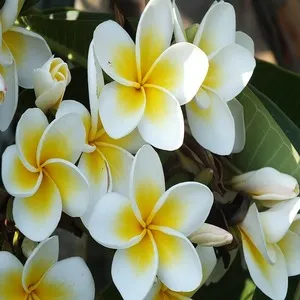 | Frangipani | চম্পা (Chompa) |
| 24 | 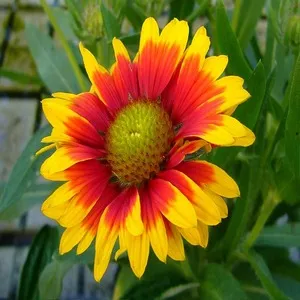 | Gaillardia | গেলাৰ্ডিয়া (Gaelardia) |
| 25 | 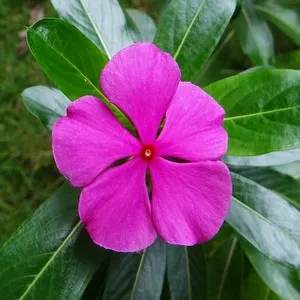 | Periwinkle | নয়নতরা (Noyontora) |
| 26 | 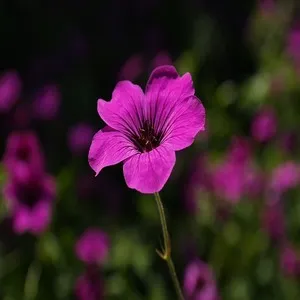 | Geranium | জেৰেনিয়াম (Jerenum) |
| 27 | 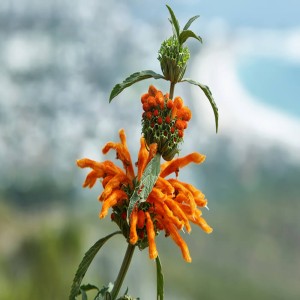 | Lion’s Ear | লাইয়নৰ ইয়াৰ (Lionor iar) |
| 28 | 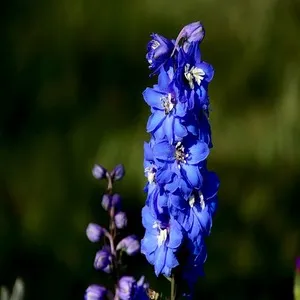 | Delphinium | ডেলফিনিয়াম (Delfiniam) |
| 29 | 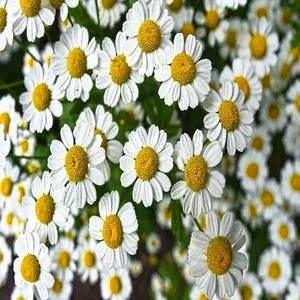 | Chamomile Vine | কুমহু (Kumahu) |
| 30 | 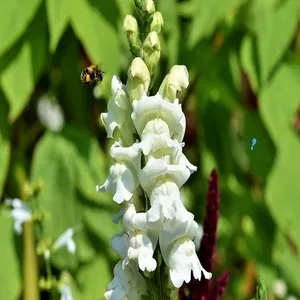 | Snapdragon | স্নেপড্ৰেগন (Snapdragon |
| 31 | 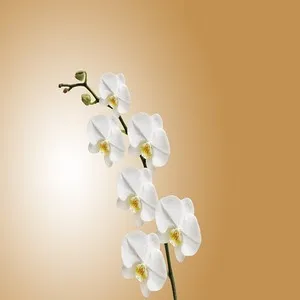 | Orchid | কপৌ ফুল (Kopou Phul) |
| 32 | 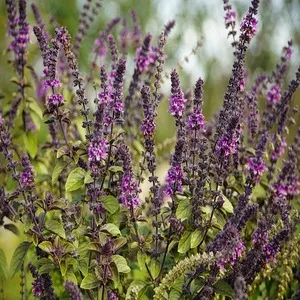 | Basil | তুলসী (Tulasi) |
| 33 | 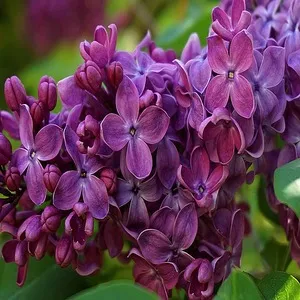 | Lilac | লাইলাক (Lailak) |
| 34 | 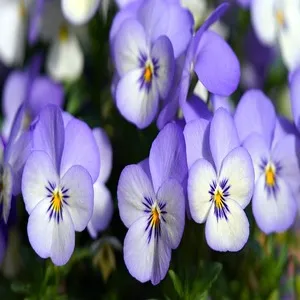 | Pansies | কুঞ্জলতা (Kunjalota) |
| 35 | 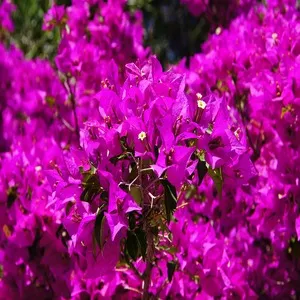 | Bougainvillea | কাগজ ফুল (Kagoj Phul) |
| 36 | 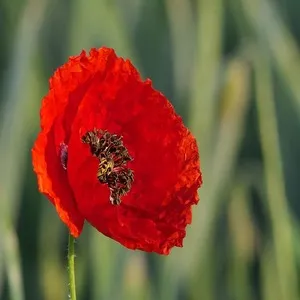 | Poppy | পপি (Popi) |
| 37 | 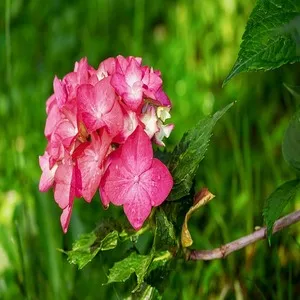 | Hydrangea | হাইড্ৰেঞ্জিয়া (Hydranjea) |
| 38 | 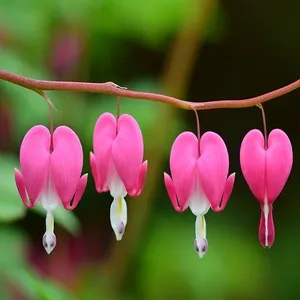 | Bleeding Heart | ব্লিডিং হাৰ্ট (Bliding hārṭa) |
| 39 | 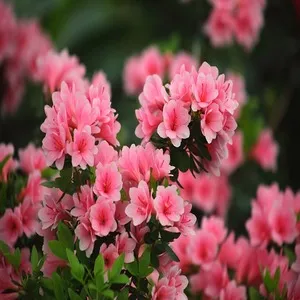 | Azalea | অ’জেলিয়া (Azeliya) |
| 40 | 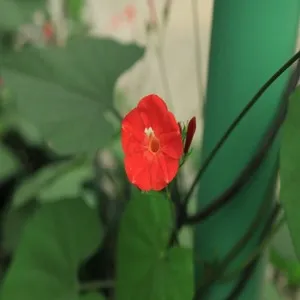 | Star Glory | ষ্টাৰ গ্লৰি (Star glory) |
| 41 | 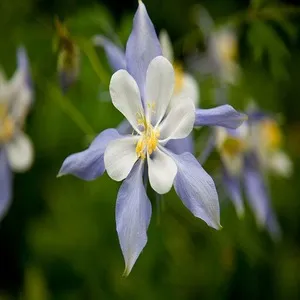 | Columbine flower | কোলামবাইন ফুল (Kolambain phul) |
| 42 | 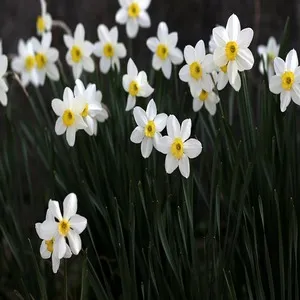 | Daffodil | ডাফ’ডিল (Daphodil) |
| 43 | 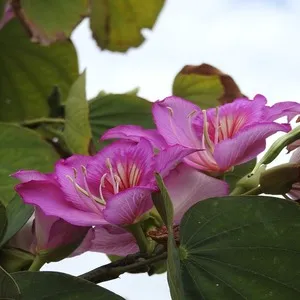 | Bauhinia | কাঞ্চন (Kanchan) |
| 44 | 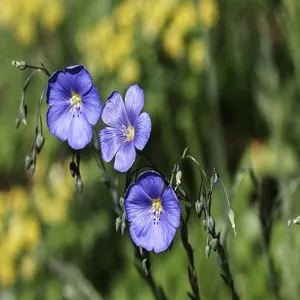 | Flax | তিসি (Tisi) |
| 45 | 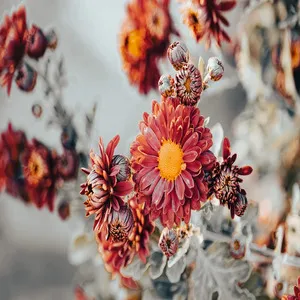 | Chrysan-themum | ইন্দ্ৰমালতী (Indramaloti) |
| 46 | 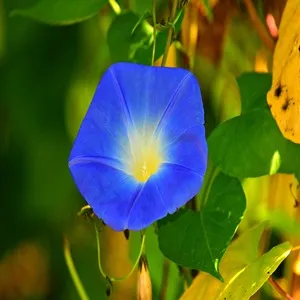 | Morning Glory | কুকুৱা লতি (Kokuwa loti) |
| 47 | 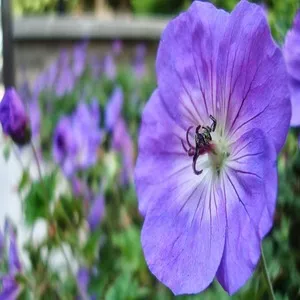 | Indigo | নীল (Neel) |
| 48 | 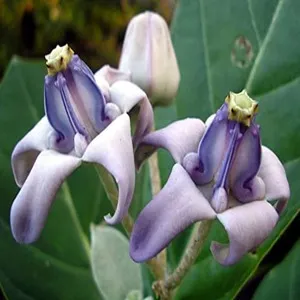 | Crown | মুকুট (Mukut) |
| 49 | 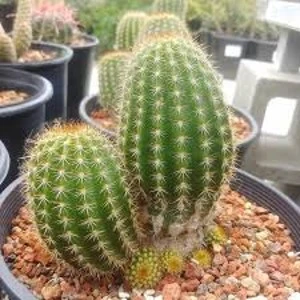 | Cactus | ক্যাক্টাস (Kykṭās) |
| 50 | 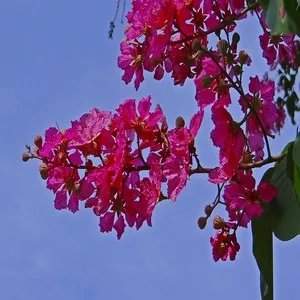 | Queen Crape Myrtle | এজাৰ (Ezar) |
Also Read:
Assamese Flower Names
1. Himolu (Lily)
The elegant Himolu, known for its graceful petals and sweet fragrance, holds a special place in Assamese culture. It symbolizes purity and is often used in religious ceremonies and decorations.
2. Keteki (Chrysanthemum)
Keteki blooms in a riot of colors, adding vibrancy to Assamese gardens. Its cheerful appearance and longevity make it a popular choice for floral arrangements and festive decorations.
3. Jaapi Phool (Marigold)
Jaapi Phool, with its golden hues, is revered in Assamese traditions. It is often strung into garlands and used in rituals, symbolizing auspiciousness and prosperity.
4. Kopou (Orchid)
The enchanting Kopou is a symbol of rare beauty in Assam. Its intricate blooms and ethereal fragrance captivate the senses, making it a prized possession in gardens and floral displays.
5. Xoru Phul (Sunflower)
Xoru Phul brings sunshine to Assamese landscapes with its radiant blooms and towering presence. Symbolizing adoration and loyalty, it is a favorite among flower enthusiasts.
Conclusion
The beauty of Assamese flowers transcends mere aesthetics; it is a reflection of the region’s rich cultural heritage and profound connection with nature. By exploring Assamese flower names and understanding their significance, we embark on a journey of appreciation and preservation, ensuring that these botanical treasures continue to flourish for generations to come.
